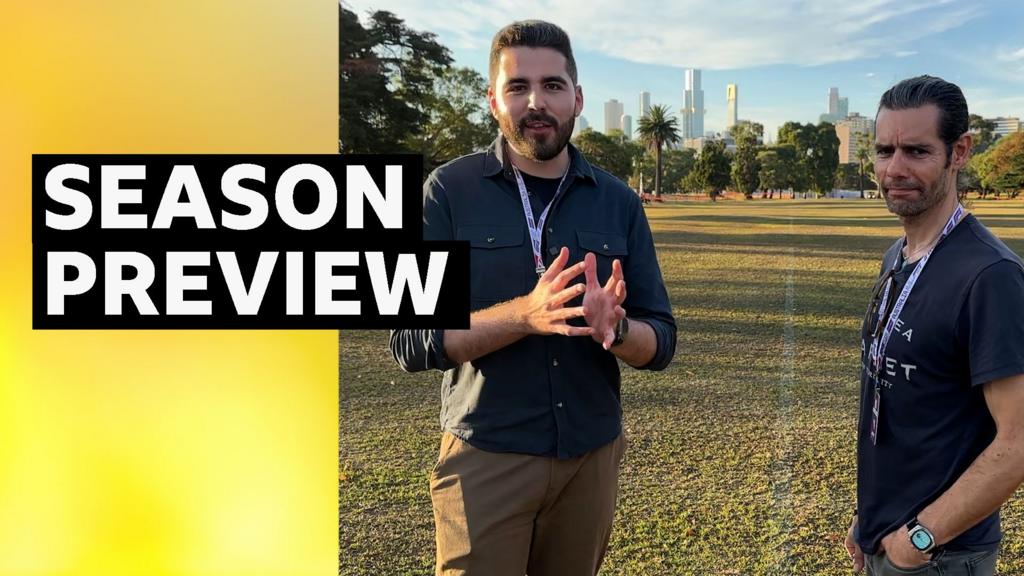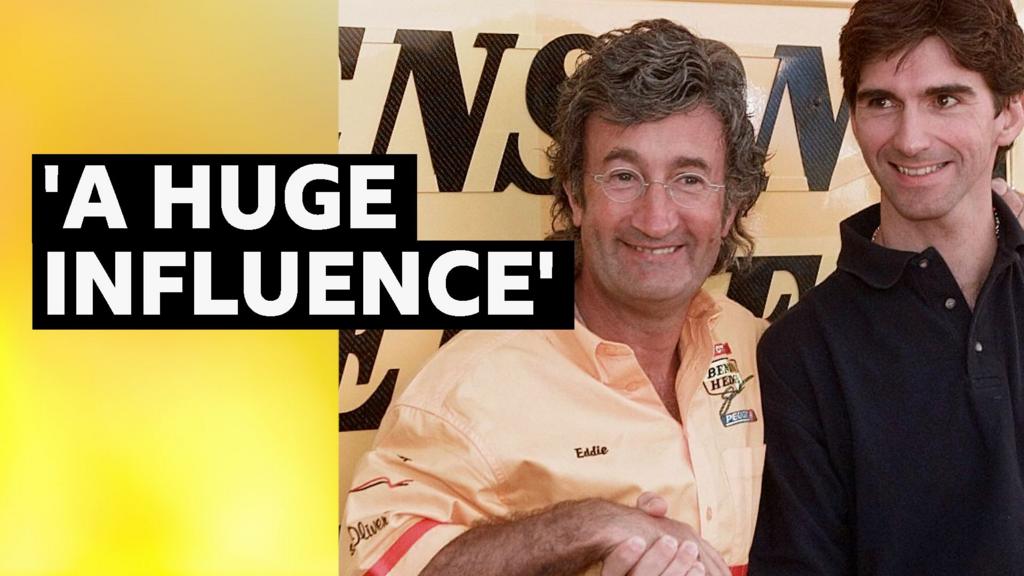Stop being a martyr at work. Aim for sustainable success instead

Casually mentioning canceling a doctor’s appointment or skipping something personal to take on more work has become the new humblebrag. It’s rarely treated as a big deal, and often, it’s delivered with self-deprecating pride: “Oh, I’ll just cancel my doctor’s appointment to crank this out,” or “I was up until midnight finishing that deck.” These aren’t just updates, but quiet auditions for “Most Dedicated Employee.”
Many of us hear those lines, or say them ourselves, and think, “Wow, that’s commitment.” But what we’re really doing is reinforcing workplace culture that rewards exhaustion instead of impact. Too often, self-sacrifice is confused with value, and that mindset is burning people out.
The result is burnout factories dressed up as high-performance cultures.
And this isn’t just anecdotal. According to Gallup’s 2023 State of the Global Workplace report, nearly 60% of employees report feeling emotionally detached at work, and nearly 1 in 5 say they’re miserable. That’s not high performance, it’s slow, silent collapse.
If you want to show up with focus, creativity, and resilience (at work and in life) it starts by putting down the invisible sword too many of us keep falling on. Here’s what that looks like in practice:
1. Stop glorifying sacrifice
We’ve been conditioned to admire the person who “pushes through,” the one who skips lunch, works late, or shows up sick. We’ve equated overextension with excellence and decided that making ourselves perpetually available signals dedication and makes us irreplaceable. But this constant grind isn’t sustainable, and not to be a bubble buster, but it also doesn’t guarantee job security. It does, however, guarantee exhaustion.
In a culture of depletion dressed up as drive, the truth no one wants to say out loud is that just because someone’s willing to sacrifice everything for work doesn’t mean they should be expected to, or applauded for it.
What You Can Do: Celebrate boundaries out loud. Tell your team when you’re logging off, and why. Compliment coworkers who prioritize recovery. Make self-preservation visible, respected, and routine. Someone who “takes one for the team” isn’t always the hero, and we need to stop making them out to be. Most importantly, we need to stop reinforcing bad behavior.
2. Redefine loyalty
Too many of us equate loyalty with self-abandonment. We mistake constantly being “on” for being dependable. But true loyalty isn’t about erasing yourself but about showing up consistently and sustainably.
Loyalty to your job shouldn’t come at the expense of loyalty to your body, your family, your health, or your own values. The people who build long, meaningful careers aren’t the ones sprinting from sacrifice to sacrifice. They’re the ones who understand how to pace themselves and advocate for what they need.
What You Can Do: Before saying yes to adding more to your work plate, ask yourself: Does this align with my actual priorities and capacity? Because, it is possible to be deeply committed to your work without constantly proving your worth through overextension.
3. Question urgency culture
So many “fire drills” at work are just . . . smoke. Tasks labeled urgent are often driven by someone else’s disorganization, perfectionism, or anxiety, not an actual need. When everything is urgent, nothing truly is. Urgency culture thrives in environments where people are afraid to slow down or challenge assumptions. But what if part of being a great teammate wasn’t speed, it was discernment?
What You Can Do: Practice pausing to ask: What’s the real deadline here? What’s the consequence if it moves? Normalize not taking “ASAP” at face value. Sometimes urgency is warranted. Often, it’s just a default setting we’ve forgotten how to question.
4. Trade perfectionism for progress
As a recovering perfectionist, I can attest to the fact that perfectionism is sneaky. It masquerades as diligence and high standards but more often than not, it’s actually fear in a super sharp blazer. Fear of judgment, failure, or not being good enough.
In high-pressure work cultures, perfectionism isn’t just tolerated, it’s celebrated. But if you’re spending hours tweaking slide formatting or rewriting a perfectly clear email for the fourth time, maybe it’s time you ask yourself who you’re really trying to protect. Perfection rarely drives impact, but it always drains energy.
What You Can Do: Pick one thing this week to do at 85%. Then walk away. The deck doesn’t need one more alignment check. The email is fine as is. Let “good enough” be good, and reclaim that energy for something else.
5. Be the example, not the exception
It’s easy to think change starts at the top. But culture isn’t just set by leadership, it’s shaped by what we tolerate, model, and reinforce at every level. If you’re tired of performative burnout, you can’t just opt out silently. You have to opt-in to something different.
Culture shifts through visible choices. Through the senior leader who leaves loudly at 5 p.m. to the teammate who says, “I’m not available tonight, but I can jump in first thing tomorrow,” all the way to the employee who takes a mental health day without apology.
What You Can Do: Audit your behavior. Are you constantly over-delivering? Do you reward fire drills and penalize slow, thoughtful work? Start showing people what sustainable excellence looks like. Bottom line: You don’t need a policy change to be a culture shifter.
The workplace is changing in slow but meaningful ways. And, these changes don’t just happen because HR rolls out a new initiative, but when enough people, at every level, stop performing exhaustion as proof of commitment.
So next time that reflex kicks in, the one that tells you to push through, to cancel something personal, to over-deliver just to be seen, pause. Ask yourself: Is this really necessary? You shouldn’t have to earn your worth through burnout, and you’re allowed to take care of yourself and still be exceptional. In fact, that might be the most powerful thing you can do.
What's Your Reaction?
 Like
0
Like
0
 Dislike
0
Dislike
0
 Love
0
Love
0
 Funny
0
Funny
0
 Angry
0
Angry
0
 Sad
0
Sad
0
 Wow
0
Wow
0





























































































